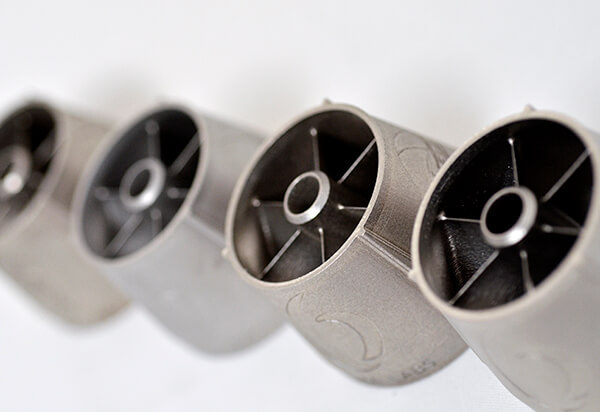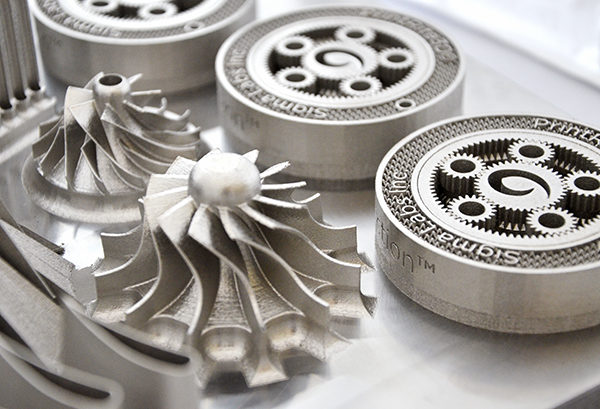DMG MORI, a producer of industrial manufacturing systems, has selected 3D printing software developer Sigma Labs to provide a melt pool monitoring system for its LASERTEC range of SLM machines.
Sigma’s proprietary PrintRite3D in-process quality assurance software has already been tested by both companies, with confirmation that it meets the needs of DMG’s industrial clients. The next steps of the partnership involve DMG MORI providing an interface for its 3D printers to ensure they are fully ‘PrintRite ready’. Further terms of the contract are being kept private at this time.
Mathias Wolpiansky, Managing Director of DMG MORI Additive, states, “After rigorous testing we are pleased to announce that PrintRite3D has been selected as our preferred solution for melt pool monitoring for our LASERTEC SLM line of 3D printers. Our partnership offers our customers the best integrated and most advanced melt pool monitoring solution in the market today. We look forward to working with Sigma’s engineering team to continue enhancing our integration and deliver more innovative solutions in the coming year.”

Melt pool monitoring with PrintRite3D
In-situ process monitoring is a crucial aspect of industrial additive manufacturing, especially for critical applications in industries such as aerospace and medical. The high energy densities applied to such thin layers of powdered feedstock can result in spatter, porosities, and other defects that have detrimental effects on the properties of printed components.
PrintRite3D is designed to detect and classify defects that occur during laser-based powder bed fusion. It analyses the melt pool and thermal signatures of a laser in real-time using sensor modules developed by Sigma Labs. This gives users the power to save on both material costs and time by reducing print failures, as they can choose to stop production as soon as a major defect is detected.
By collecting and analysing build data, users are also able to inspect their processes in-depth, making any corrective modifications that may be necessary. Since the software is OEM brand-independent, it is compatible and retrofittable with most industrial metal 3D printing systems on the market, including single, dual, and quad-laser machines.
Following the deal, the partners have already secured their first joint customer, manufacturing company IN4.OS. “Sigma Labs’ PrintRite3D is a crucial component of making additive manufacturing mainstream for critical manufacturing and delivering qualified products,” said IN4.OS CEO R J Singh. “We look ahead to ushering in a new era of American manufacturing with our strategic partners, Sigma Labs and DMG MORI.”

An intelligent approach
In recent years, AI-based quality control systems have also made their debut in the additive manufacturing industry. For example, researchers from Oak Ridge National Laboratory recently developed a machine learning-based software program capable of monitoring metal 3D printing in real-time. Dubbed Peregrine, the algorithm is intended as a cost-effective alternative to conventional defect characterization methods such as Sigma’s PrintRite3D.
Elsewhere, Purdue University recently received an $800,000 grant from the US Department of Energy to accelerate the development of the world’s first 3D printed nuclear reactor core. The funding will be used by the University’s engineers to create a novel AI model to ensure nuclear-grade quality of the microreactor’s critical components.
Subscribe to the 3D Printing Industry newsletter for the latest news in additive manufacturing. You can also stay connected by following us on Twitter and liking us on Facebook.
Looking for a career in additive manufacturing? Visit 3D Printing Jobs for a selection of roles in the industry.
Featured image shows 3D printed metal parts inspected by the PrintRite3D platform. Photo via Sigma Labs.



